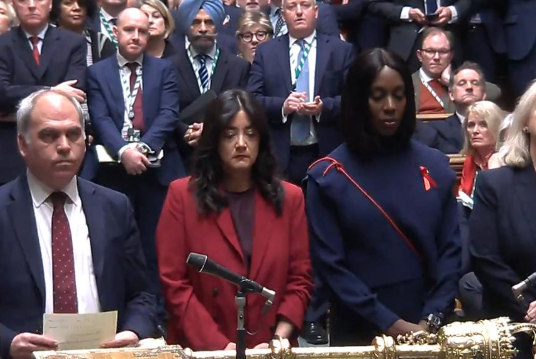What is UK’s Terminally Ill Adults (End of Life) Bill?
The UK House of Commons voted on the Terminally Ill Adults (End of Life) Bill, which permits terminally ill patients to request assistance in ending their lives. A total of 330 MPs supported the bill, while 275 opposed it and the voting was a “free vote,” allowing MPs to express personal beliefs. The bill is now set for committee review before another vote in the House of Commons., which will subsequently be sent to the House of Lords.
Current UK Law
Currently, UK law prohibits assisted dying. Assisted suicide can result in a prison sentence of up to 14 years. There have been several proposals to change this law since 2013. Proponents of the bill argue it offers terminally ill patients control over their suffering. They believe it allows individuals to choose dignity in death.
Critics’ Concerns
Critics express concerns about potential pressures on vulnerable individuals. They fear the elderly or disabled may feel compelled to end their lives. They advocate for enhanced end-of-life care instead of assisted dying options.
Strict Conditions of the Bill
The bill outlines specific conditions for assisted dying. Only individuals over 18, mentally capable, and terminally ill with less than six months to live may request assistance. Patients must reside in England or Wales for at least 12 months prior to making a request.
Request Process
The request must be signed in front of two witnesses, including a coordinating doctor. The doctor assesses eligibility, followed by a review from an independent doctor after a seven-day reflection period. If both doctors agree, the case proceeds to the High Court for approval.
In India, the Supreme Court legalised “passive euthanasia” in 2018. This allows patients to withdraw life support without direct assistance to end life. Guidelines require doctor approval and family consent. Despite modifications in 2023, awareness and implementation remain limited in India.
Important Facts for Exams:
- Terminally Ill Adults (End of Life) Bill: This UK bill allows terminally ill patients to request life-ending assistance. It passed with 330 votes, reflecting parliamentary support for assisted dying.
- Passive Euthanasia: Legalised in India in 2018, passive euthanasia permits patients to withdraw life support. It differs from assisted dying, as it does not involve direct assistance in ending life.
- High Court Approval: In the UK, after doctors agree on a terminally ill patient’s request for assisted dying, the case must be reviewed by the High Court for final approval.
Month: Current Affairs - December, 2024
Category: Legal & Constitution Current Affairs


